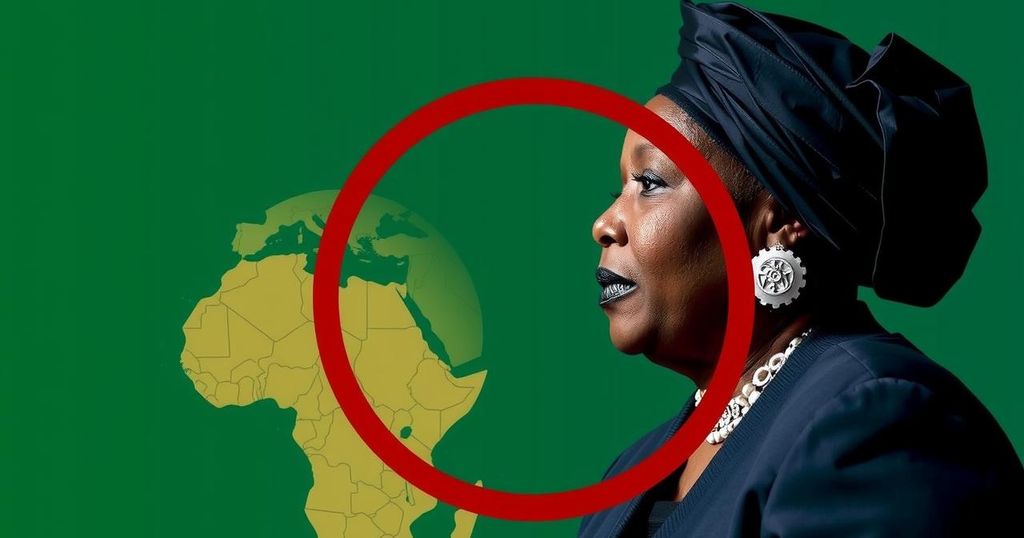Kenya has canceled its multi-billion dollar deals with the Adani Group following the indictment of Gautam Adani on bribery charges by U.S. authorities, leading to a massive social media uproar. Hashtags like #StopAdani and #ArrestAdani surged, reflecting public outrage over alleged unethical practices. Despite initial government assurances that the deals would proceed, the public’s backlash compelled a revision of these agreements, highlighting concerns about transparency and accountability in foreign investments.
The recent cancellation of multi-billion dollar deals between the Kenyan government and Adani Group has caused a significant social media uproar. Following the indictment of Gautam Adani and several associates by U.S. prosecutors on charges of bribery, hashtags such as StopAdani, ArrestAdani, and AdaniMustGo surged in popularity on X, reflecting widespread public discontent. The Adani Group had previously secured contracts worth approximately USD 2.5 billion for essential infrastructure projects but faced scrutiny due to allegations of unethical bidding practices. Despite initial assurances from government officials that the deals would proceed, the ensuing backlash compelled the authorities to revoke their agreements, highlighting growing public trust issues with government decisions related to foreign investments.
This event underscores the power of social media as a mobilizing tool for public opinion, especially when significant legal and ethical concerns arise. With notable engagement from Kenyan citizens, who created numerous posts and AI-generated images related to the indictment, the discussion around foreign dealings and transparency in governance has gained traction. As protests and demands for accountability continue, Kenyans are now scrutinizing additional agreements involving Adani firms, prompting further dialogue on the matter nationwide.
Furthermore, the sentiment surrounding Gautam Adani’s involvement raises critical questions regarding the morality of business practices within global investments. Allegations of corrupt negotiations have fueled suspicions and dissatisfaction among the populace, signifying a pivotal moment in how foreign investments may be perceived and regulated in Kenya. The case highlights the urgent need for transparency and ethical conduct in public-private partnerships, especially in infrastructure development.
The situation plays out against a backdrop of heightened scrutiny concerning foreign investment in Kenya, particularly due to past allegations against prominent business figures. Critics have accused the Adani Group of circumventing competitive bidding processes, leading to widespread mistrust and protests. This climatic turning point has resonated deeply with citizens wary of governmental ties to potentially dishonest international contractors. The ongoing discussions around these events also reflect broader concerns regarding transparency, accountability, and the role of civic engagement in influencing policy decisions.
In summary, the cancellation of Adani deals in Kenya reveals the intersection of legal, ethical, and social concerns surrounding foreign investors in the African nation. The strong public response, visible through trending hashtags and increased activism, demonstrates how citizens can influence policy and demand accountability from their government. As this situation develops, the focus will inevitably shift to seeking clarity on other contracts involving the Adani Group, ensuring that the principles of transparency and good governance are prioritized.
Original Source: www.indiatoday.in






